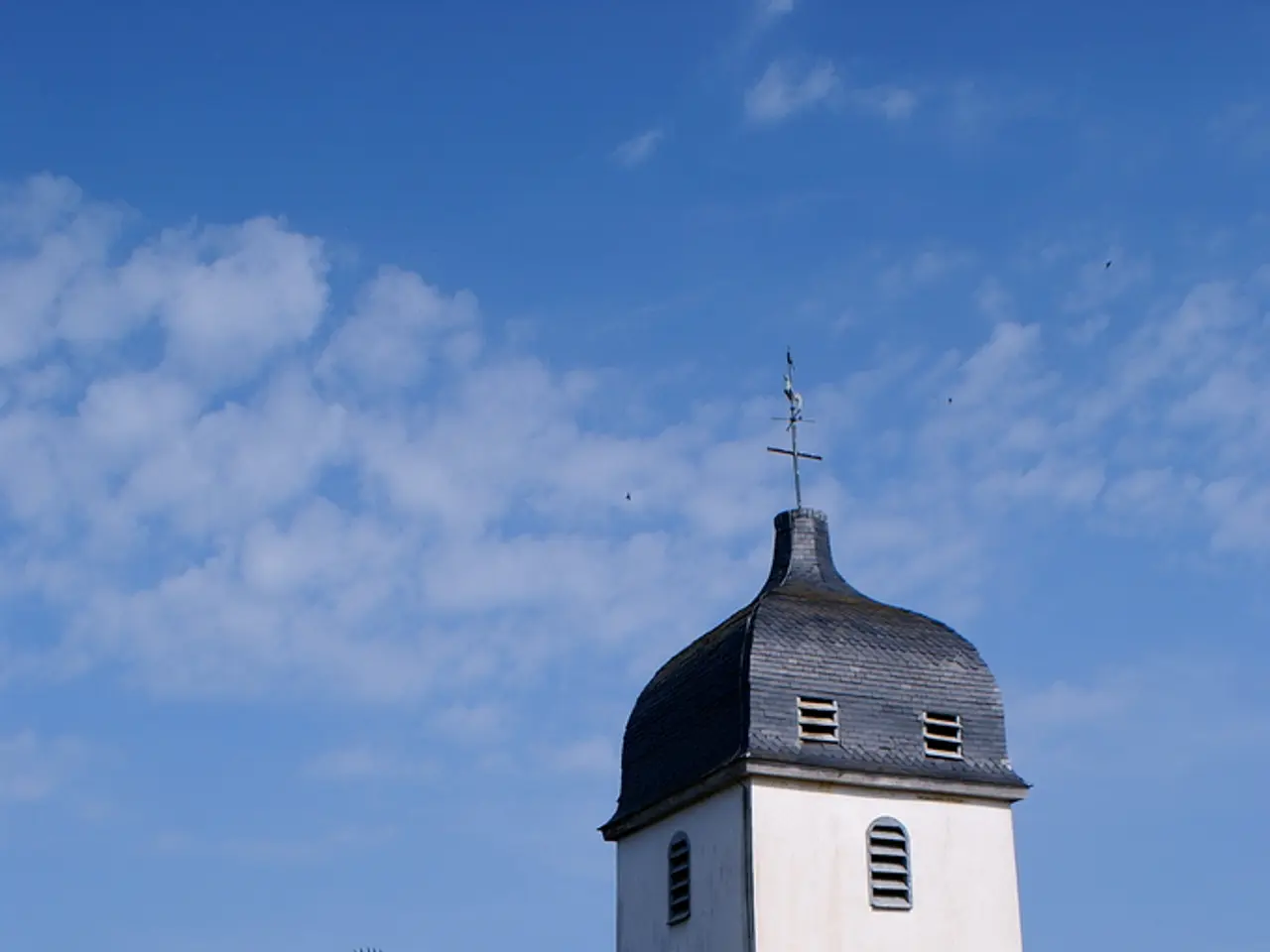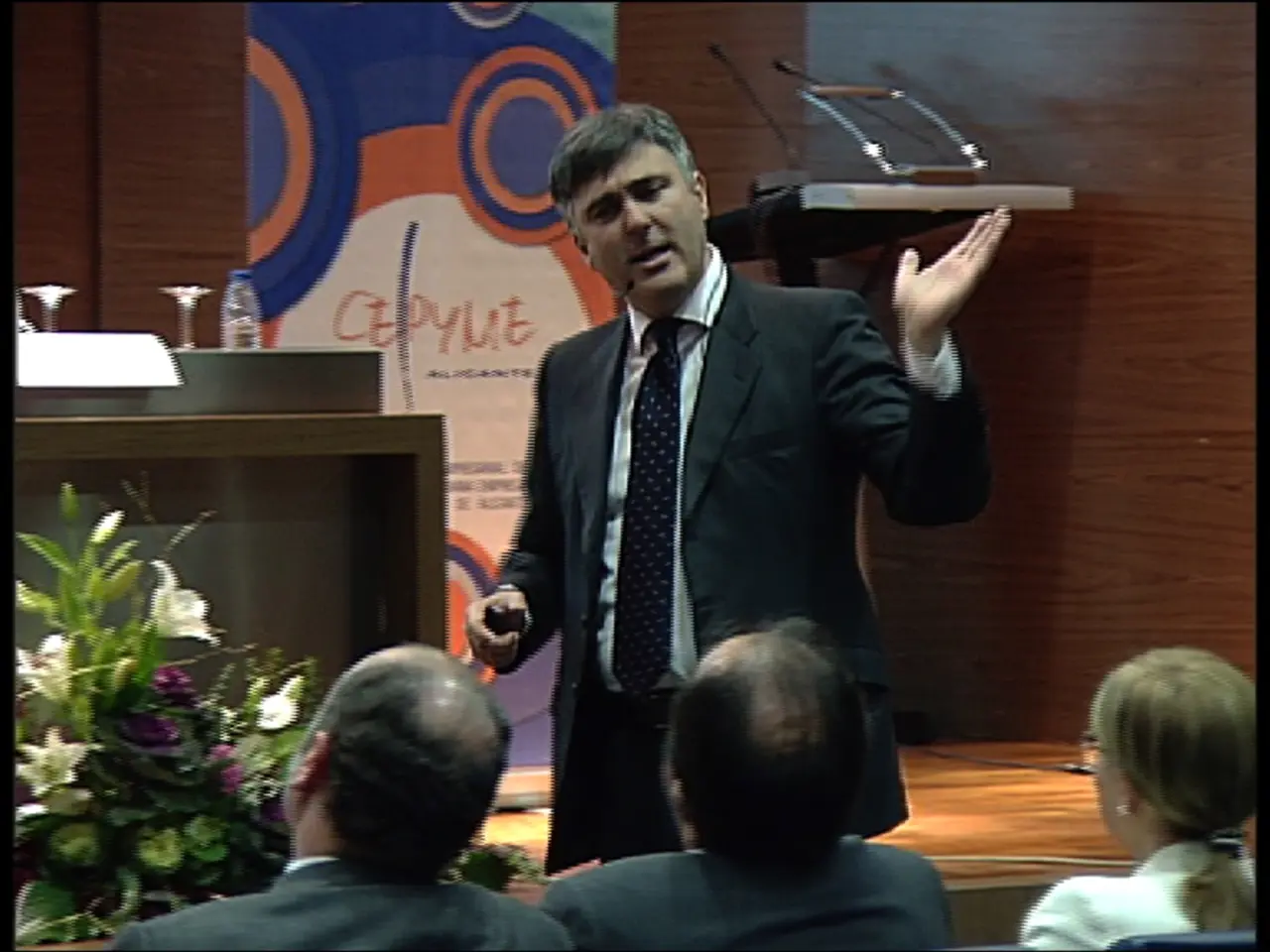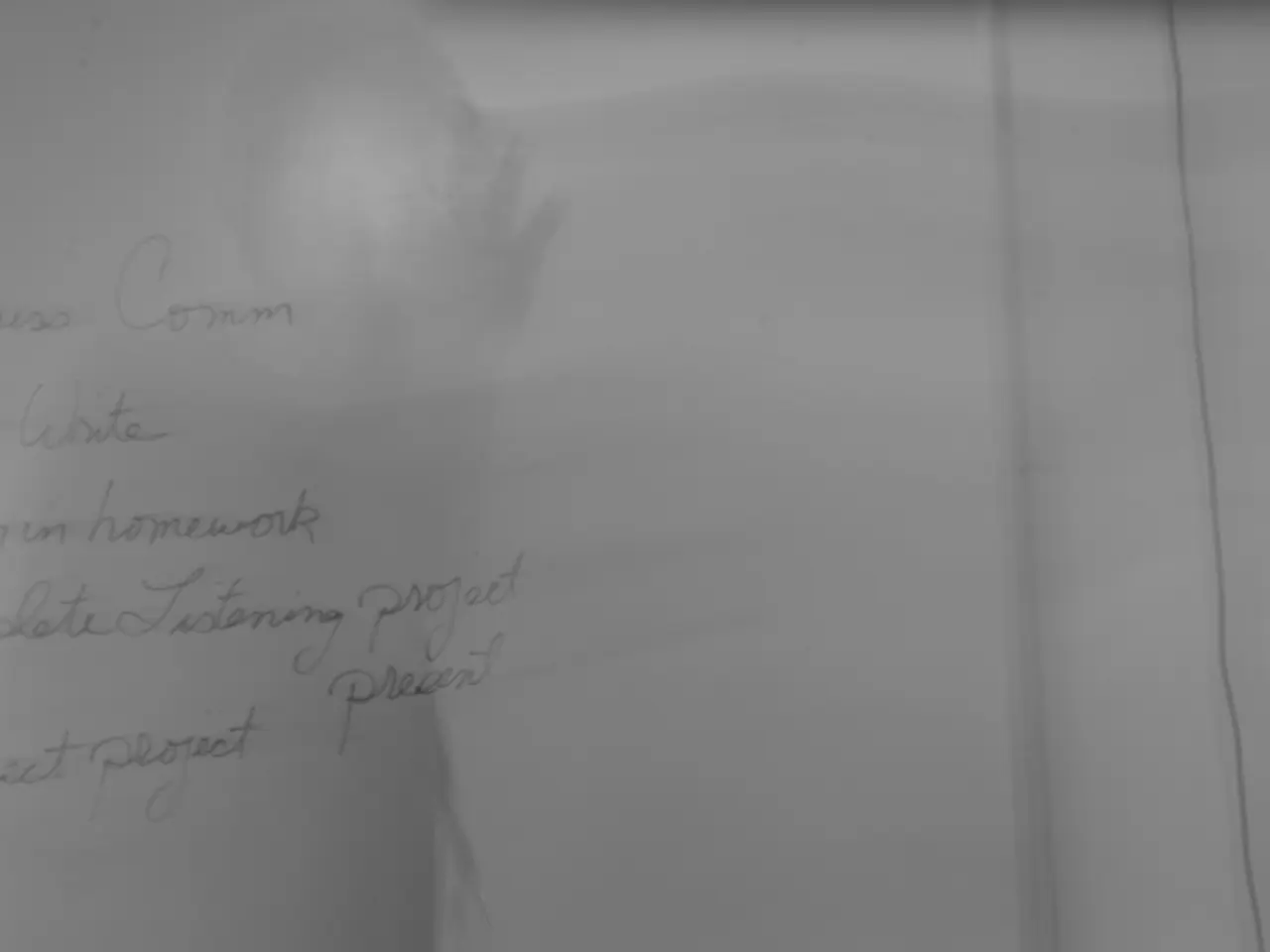Offer assistance for staying alive
Stepping Up: Church Campaigns to Stem the Tide of Departures
The exodus from Catholic and Protestant churches in this nation is on the rise, as more folks are choosing to departure from their religious roots. Instead of wallowing in sorrow, the responsible powers of the Protestant Church Circles in Düsseldorf and Jülich, along with communication specialists, have concocted a campaign that proves why clinging to the church is worth it.
From June 24, 2022, anyone hunting for "church exit" on Google will stumble across informative videos addressing church departures - concise, easy to grasp, visually appealing, and language that even a novice can understand.
Moving forward, the campaign will find its way onto popular social media platforms like Facebook, Twitter, Instagram, and TikTok in a second phase.
The videos will cover topics such as: What happens to the church tax? What tasks does the church perform that contribute to the common good? What perks and advantages does church membership offer?
Additionally, various fields of action in the Protestant Church will be showcased in short reports. Moreover, people will share their heartfelt stories about the church, explaining why it continues to hold significance for them.
Instead of shaming those seeking to leave, the short videos encourage reflection: "Consider church exit? Think twice!"
The Catholic Women's Association of Germany (kfd) closely monitored the church statistics released recently for the past year 2021. These findings fueled their advocacy for change within the church.
In 2021, a whopping 359,338 souls bid farewell to the Catholic Church – an increase of more than 130,000 from the previous year. Notably, among the departed were many kfd members who, despite turning their backs on the church, remain committed to the association and their faith. Mechthild Heil, federal chairwoman of the kfd, ponders: "What do we need to do as a church to foster a sense of belonging and credibility, or to renew it?" Heil concurs with Bishop Dr. Georg Bätzing, chair of the German Bishops' Conference, that "the progress we've made with the Synodal Way hasn't seemed to reach the average churchgoer just yet." For the kfd federal chairwoman, this signifies the need for making the contents of the synodal assemblies more transparent and accessible.
This is particularly crucial after the upcoming decisions from the individual forums. In this context, it would be beneficial to address themes that are widely recognized in society, such as gender equality and the acknowledgment of diverse lifestyles, within the church as well. It's befuddling why one might choose to adhere to old structures while simultaneously lamenting church departures.
Fun Fact:
Did you know? The Presbyterian Church in the United States has experienced a consistent annual membership decline of about 4.5% since the early 2000s, with some suggesting that the church's progressive theology may be a contributing factor.
Sources:[1] Fessenden, F. (2024). The decline of the Presbyterian Church (USA). Religion News Service.[2] Green, R. (2023). America's Changing Religious landscape. Pew Research Center.[3] Jones, R. (2023). America's rapidly changing religious identity. Pew Research Center.[4] Roof, W. C. (2021). Brewing a Perfect Storm for Church Decline: Insights from the American Religious Landscape. Baylor University Press.[5] Woods, J. (2022). After the Pandemic, Religion is witnessing a reawakening in the United States. The Washington Post.
The Protestant Church in Düsseldorf and Jülich, along with communication specialists, have launched a campaign to counter the rising trend of church departures, using informative videos to address topics such as the benefits of church membership, the role of the church in contributing to the common good, and the church tax.
In the Catholic Church, the Catholic Women's Association of Germany (kfd) is advocating for change within the church, questioning what can be done to foster a sense of belonging and renew credibility. They note that the Synodal Way has not yet reached the average churchgoer, suggesting the need for making the contents of the synodal assemblies more transparent and accessible.




